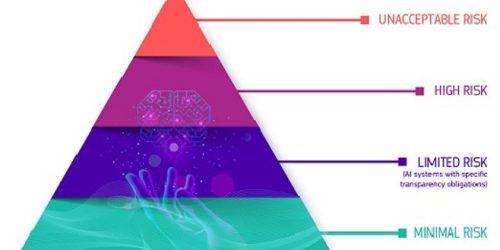Clearview AI Reaches Settlement to Limit Distribution of Facial Recognition Software

The New York Times has reported that Clearview AI has reached a legal agreement to limit the availability of its AI facial recognition technology, that was built on a foundation of wide-scale data scraping and unauthorised use of personal information (PI).
Clearview scraped publicly available images of individuals from social media sites to populate its AI, without obtaining consents from individual for the use of their PI in the software.
Clearview’s data scraping practices have already been declared illegal in Australia, Canada and parts of Europe and it faces fines in the UK and Italy for its practices.
Clearview is an clear example of the egregious breaches of privacy that individuals face without clear and consistent biometric protection laws in place to protect virtual personal identity (VPI).
The latest case was brought by the American Civil Liberties Union under the Biometric Information Privacy Act (BIPA) in the US state of Illinois. The agreement will stop Clearview from selling the technology to private companies, but will allow it to continue to sell to law enforcement in the US.
Yet while this case can be seen as a victory for individual privacy over intrusive technology, it also highlights the lack of a consistent international approach to biometric personality.
International consensus and uniform biometric personality laws are essential to protecting individuals globally from the abuse of AI driven facial recognition software by criminals, corporations or governments.






